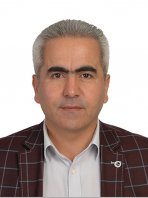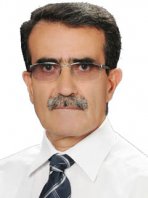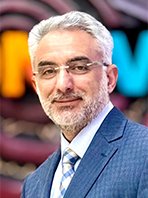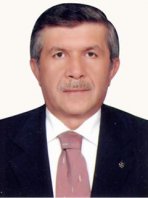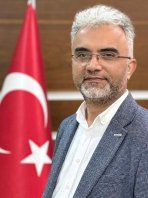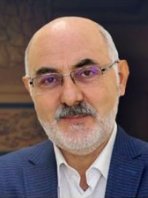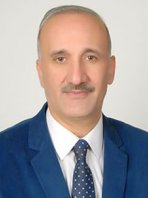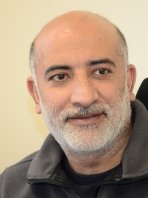Hayatın Ritmi
Sağlığımızda bir aksaklık olduğunda ilk akla gelen organımız kalptir.
Rutin dışı belirtilerde ateş/nabız/tansiyon ölçümleriyle direkt kalbin durumuna yönelir sağlık çalışanları.
Ön ölçümlerden sonra ise kalp grafisi, EKG çekilir.
EKG sonuçlarını herkes görmüştür.
Kalbin atışlarında bir düzen/intizam göze çarpar.
Bu düzen/intizam düzenli devam eden, birbirini izleyen çizgilerle ifade edilir.
Çizgilerin sürekliliğinde bir sıkıntı varsa, bu "ritim bozukluğu” demektir.
"Ritim bozukluğu” birçok rahatsızlığın habercisi olabilir ve incelemeler derinleştirilir…
Maddi sağlığın bu temel ilkesinden manevi hayatın ritmine geçebiliriz.
Baş Müfettiş/Baş Hekim Ramazan ayının Recep ve Şaban ayları ile birlikte fabrika ayarlarına döndürdüğü manevi hayatımızın ritmini şevval ayında da devam ettiremezsek "ritim bozukluğu” ortaya çıkar.
Peygamberimiz, "İbadetlerin az da olsa sürekli olanı hayırlıdır” sözüyle bu ritme dikkat çeker.
İslam'da ya da farklı bir eğitim sisteminde güzel ve doğru işleri belli vakit ve mekânlara yığıp, diğer zaman ve ortamları ihmal etmek yoktur.
Bu sebeple kadir gecesi yılın her gecesi olabilir, muhatap olduğumuz her bireyin hızır olma ihtimali vardır.
Bunun sebebi Rabbimiz bizden her geceye kadir gecesi, her kişiye hızır muamelesi yapmamızı istemesindendir.
Hz. Peygamber (s.a.v.) öyle yapardı: Muhatap olduğu herkese dünyada en fazla onu seviyor duygusunu geçirirdi.
Şevvalde tavsiye edilen altı gün orucun hikmeti de hayatın ritmini korumak içindir.
Manevi hayatın motoru kalp ritminiz için lütfen az da sürekliliği olan ibadetlerle onu besleyelim.
Ramazan ayında iftarda yaptığımız gibi aşırı yüklenip, Şevvalde onu ihmal etmeyelim.
Olur mu?
Rhythm of Life
When there is a problem in our health, the first organ that comes to mind is the heart.
In non-routine symptoms, healthcare professionals directly address the heart's condition with fever/pulse/blood pressure measurements.
After preliminary measurements, heart radiography and ECG are taken.
Everyone has seen the EKG results.
There is an order/regularity in the beating of the heart.
This order/order is expressed by regularly continuing, successive lines.
If there is a problem in the continuity of the lines, it means "rhythm disorder".
"Rhythmia disorder” can be a harbinger of many ailments and the investigations are deepened…
We can move from this basic principle of material health to the rhythm of spiritual life.
Chief Inspector/Chief Physician If we cannot maintain the rhythm of our spiritual life, which the month of Ramadan returns to factory settings with the months of Recep and Şaban, "rhythm disorder” will occur.
Our Prophet draws attention to this rhythm with his words, "The one that is continuous, even if it is little, is good."
In Islam or in a different education system, it is not possible to pile up good and right works at certain times and places and neglect other times and environments.
For this reason, the night of power can be every night of the year, every person we come into contact with has the possibility of being a knight.
The reason for this is that our Lord wants us to treat every person as a khazar on the night of power.
Hz. The Prophet (pbuh) used to do this: He felt that he loved him the most in the world to everyone he came into contact with.
The wisdom of the six-day fast recommended in Shawwal is to maintain the rhythm of life.
For your heart rhythm, the engine of spiritual life, let's feed it with a little continuous worship.
Let's not overload it as we do during iftar in Ramadan and neglect it in Shawwal.
Is it possible?


